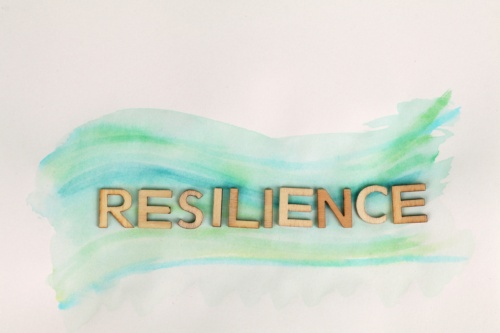Resilience is the ability to bounce back from challenges, setbacks, and adversity. When we cultivate resilience, we develop a mindset that allows us to view difficulties as opportunities for growth and learning. Here are some strategies to help you cultivate resilience and embrace growth on your path to self-compassion:
1. Shift Your Perspective:
Reframe challenges and setbacks as opportunities for growth. Instead of viewing them as failures or personal flaws, recognize them as valuable experiences that can lead to personal development. Embrace a growth mindset—a belief that your abilities and intelligence can be developed through dedication and hard work. By shifting your perspective, you empower yourself to approach obstacles with resilience and self-compassion.
2. Cultivate Self-Reflection:
Engage in regular self-reflection to gain insight into your thoughts, emotions, and behaviors. Take time to assess your reactions to challenges and setbacks. Are there patterns of negative self-talk that arise in certain situations? What triggers them? By cultivating self-reflection, you develop self-awareness and identify areas where you can apply self-compassion to foster resilience and personal growth.
3. Embrace Mistakes as Learning Opportunities:
View mistakes as valuable learning opportunities rather than indications of your worth. Understand that making mistakes is a natural part of the human experience. When you encounter setbacks or make errors, approach them with curiosity and a desire to learn. Explore what you can glean from these experiences and use them as stepping stones for personal growth. Embracing mistakes with self-compassion enables you to grow and develop resilience.
4. Set Realistic Goals and Celebrate Progress:
Establish realistic goals that align with your values and aspirations. Break them down into manageable steps, allowing you to track your progress and celebrate small victories along the way. By setting realistic goals and acknowledging your progress, you foster a sense of accomplishment and resilience. Remember, self-compassion acknowledges the effort you put into your journey, regardless of the outcome.
5. Cultivate a Supportive Network:
Surround yourself with a supportive network of friends, family, or mentors who uplift and encourage you. Seek out individuals who foster an environment of empathy, understanding, and growth. Share your experiences, challenges, and aspirations with them, allowing their support to fuel your resilience. A supportive network acts as a safety net during difficult times, reminding you of your worth and encouraging self-compassion.
6. Practice Self-Care and Stress Management:
Prioritize self-care and stress management practices in your life. Engage in activities that nourish your mind, body, and soul. Set boundaries and prioritize rest. By taking care of yourself and managing stress effectively, you enhance your resilience and create a foundation for personal growth. Remember, self-compassion includes caring for your well-being in a holistic manner.
By shifting our perspective, embracing mistakes as learning opportunities, setting realistic goals, cultivating a supportive network, and practicing self-care, we empower ourselves with resilience and fuel our personal growth. Embrace challenges as opportunities for self-compassion and continue to nurture a language within yourself that fosters resilience and promotes personal development.


